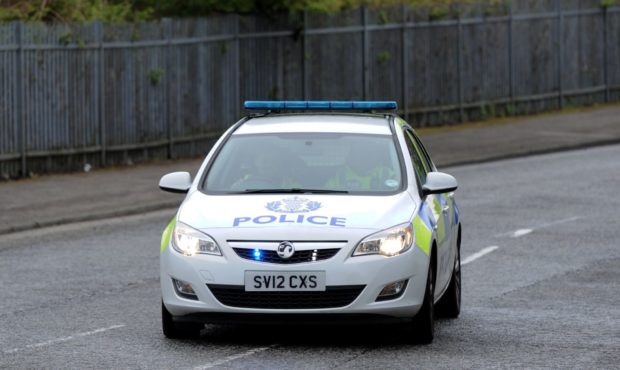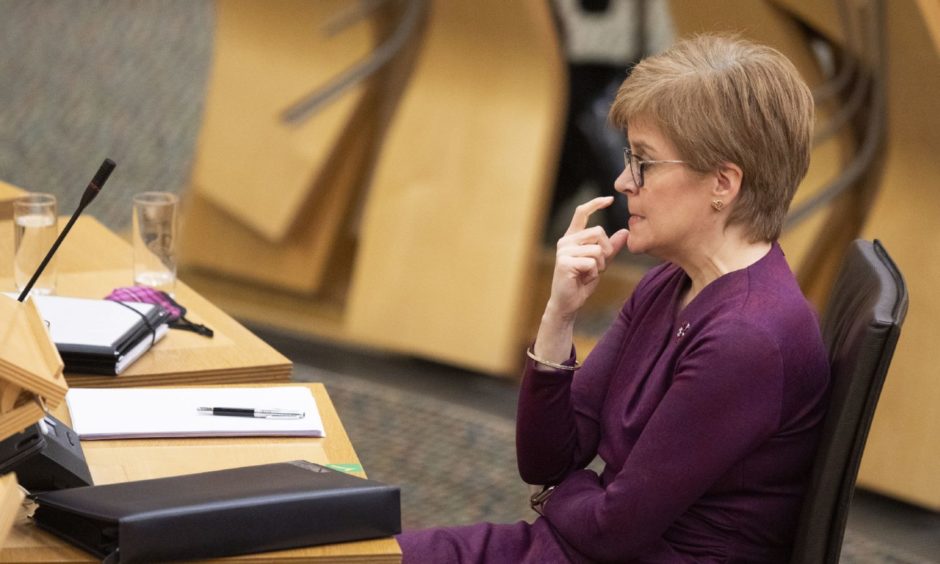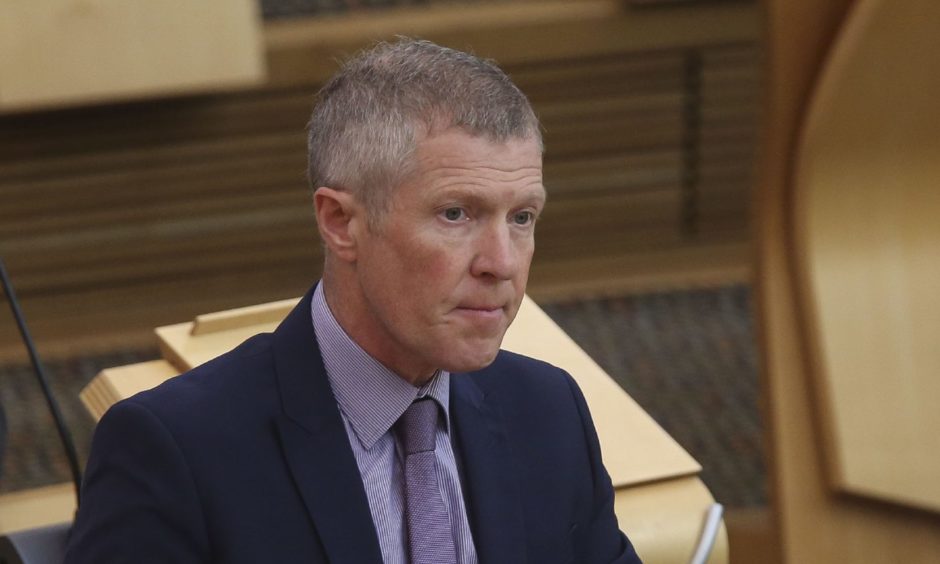Scots could face fines for crossing council boundaries in Scotland, after the nation recorded its highest daily death toll from coronavirus since May.
Nicola Sturgeon suggested that fixed-penalty notices could be issued to drivers and other transport users caught leaving virus hotspots, with police given the power to target those “flagrantly breaching the law”.
The proposal to legally enforce travel restrictions is expected to be detailed next week, but the first minister said fixed-penalty notices were “probably what would apply”.
The plan emerged as it was announced on Wednesday that Scotland had recorded 50 deaths from the virus over the previous 24 hours, the highest number since May 20, with 1,433 people testing positive.
People in level three areas of Scotland are currently advised to avoid leaving their local authority boundaries unless essential, while those in areas with lower levels are told to “minimise unnecessary journeys between areas in different levels”.
Scots are also advised to avoid unnecessary travel to other parts of the UK.
Further guidance upcoming
Giving evidence at Holyrood’s Covid-19 committee on Wednesday morning, Ms Sturgeon was asked about enforcement of the rules.
She said: “Clearly, we have travel restrictions in place.
“In terms of guidance, we are actively considering whether we give a legal underpinning in future weeks to these travel restrictions and I’ll probably say more about that at the review point next week.”
Asked for further details about the move at her daily briefing in the afternoon, the first minister said: “If we decide to put it in law we will set out what the enforcement procedures and any potential penalties are at the time we do that.
“We have tended, as you know from existing coronavirus regulations, to stick within our fixed-penalty notice framework, and that would undoubtedly be the starting point and probably what would apply there.
“But given that we haven’t taken final decisions, I don’t want to be definitive about ruling anything in or out, but take the fixed-penalty notice framework as the most likely enforcement regime that would apply there.”
Action if drivers ‘flagrantly’ breach law
Ms Sturgeon was also asked why such legal powers were not introduced during the first lockdown, in March.
She said the previous rules were nationwide, but now they vary on a regional basis, therefore “you clearly have to have more emphasis on travel restrictions, otherwise you take the virus from the high-prevalence areas to the low-prevalence areas, and it spreads everywhere”.
The SNP leader added that “you cannot have police stopping everybody’s journey” but the legal underpinning would “give the police the ability, if they have evidence that people are flagrantly breaching the law, to take action there”.
Lib Dems point to testing capacity
Scottish Liberal Democrat leader Willie Rennie questioned the proposals.
“Rather than hastily opting to use the law to enforce travel restrictions, we would prefer advice and encouragement,” he said.
“People need clarity about why measures like restricting non-essential travel are important and how they can expect restrictions to be eased if we all play our part.
“We don’t want a situation where the government is coming down hard on people who have gone to a park just over the border of the next council area.
“If ministers had boosted testing capacity and built a contact tracing system that was up to scratch, we might not be in this situation.”


